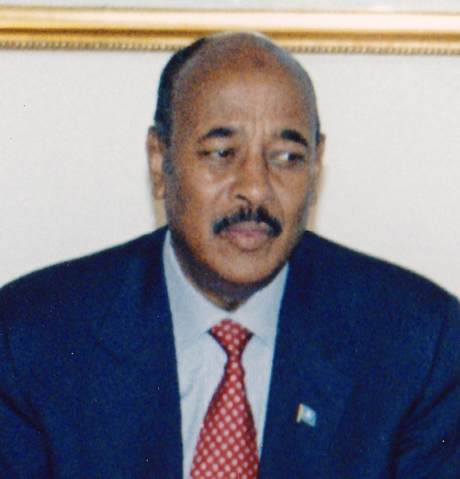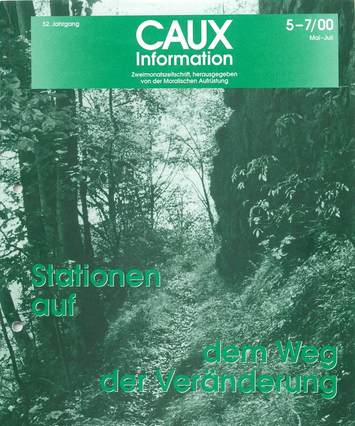Born in 1940, Yusuf Omar Al-Azhari spent his early childhood and school in Djibouti where his father was a respected sheik. After the war, the family moved to Dire Dawa in Ethiopia where he went to the local school, until he was given the opportunity to attend the top boarding school in Addis Abeba. He then studied Law in Khartoum, Sudan and took his doctorate in political science and international law at Mogadishu University. He married “the best girl in town”, Kadija, the daughter of Prime Minister Abdi Rashid Sharmarke, who became the second president of independent Somalia. They had four children.
In 1961, Al-Azhari joined the civil service administration of the newly independent Republic of Somalia which he served in different Ministries for over twenty years. He was appointed as senior diplomat in Bonn in 1962. Transferred to the Somali Embassy in Washington as Counsellor in 1966, he was appointed Ambassador to the USA and Somali Government Delegate to the UN from 1968-1971. In 1974 he became Ambassador to Nigeria, covering as well seven West African Countries. He also represented the Somali Government as head of delegation to the organization of African Union, Arab League, Islamic Conference and Non-Aligned Conference as well as other International and National Forums.
In 1979 Al-Azhari was arrested, tortured and detained without trial for six years and seven months in solitary confinement as a political prisoner under the Marxist regime of General Mohammed Siad Barre. He was one of thousands arrested in a nationwide purge and was “kept in a dark cell with no facilities of any kind of communication” in a Stasi-built prison. After a few months, a deep transformational prayer experience saved him from despair and madness. Eventually the Marxist regime of General Mohammed Siad Barre collapsed and Yusuf was released.
Two years after his release, Al-Azhari had the thought that he should forgive the dictator who had destroyed his life. He struggled with the thought for weeks, but managed finally to visit Siad Barre, now exiled in Lagos, Nigeria. Tears of remorse flowed down Barre’s face when Yusuf expressed his forgiveness. Composing himself, Barre said: "You have cured me. I can sleep tonight knowing that there are people like you in Somalia." Barre died two years later. Al-Azhari was offered a post at the UN in New York. But when he weighed $10,000 a month and a big office against 10,000 Somali children who stood to die of war and starvation, he knew where his first allegiance lay. His “good purpose” was to stay with his people.
In 1994, Al-Azhari was invited to attend a meeting organized by Somalis of different factions and MRA (now IofC) in Sweden. Long discussions led them to start working together towards reconciliation. He subsequently took part in several of the Caux Agenda for Reconciliation Conferences and in the Politicians’ Round Table. He advocated a « bottom up » peace-building approach, based on forgiveness and reconciliation, in several American Chronicle web publications, in international MRA-IofC conferences in the USA, Africa as well as in visits to Palestine and Israël and European capitals.
During and after the Somali civil war, Al-Azhari organized and actively participated in all 14 reconciliation conferences held in Djibouti, Cairo, Addis Ababa and Nairobi. He was a member of the drafting committee of the final Charter for the establishment of the Transitional Federal Government (TFG) in Nairobi/Kenya, and was then appointed Political, Diplomatic and National Reconciliation Advisor to the Elected President of the TFG of Somalia. He served as Special Envoy of the President to the Head of States and Governments of IGAD, the African Union and the Middle East countries to promote better understanding & cooperation.
At the end of 2015, Al-Azhari spent weeks negotiating peace between warring clans in the region around the town of Galkayo. In 2017 he rescued a group of over 140 small children from severe drought and famine and brought them to Galkayo for care. He was still looking after 90 of them until he died in Garowe, Puntland, on 2 June 2021, aged 80.





